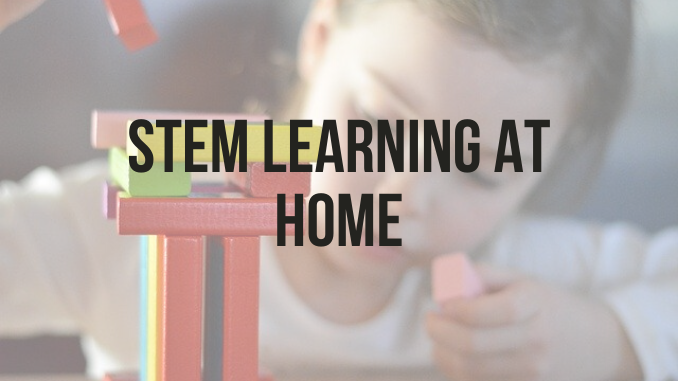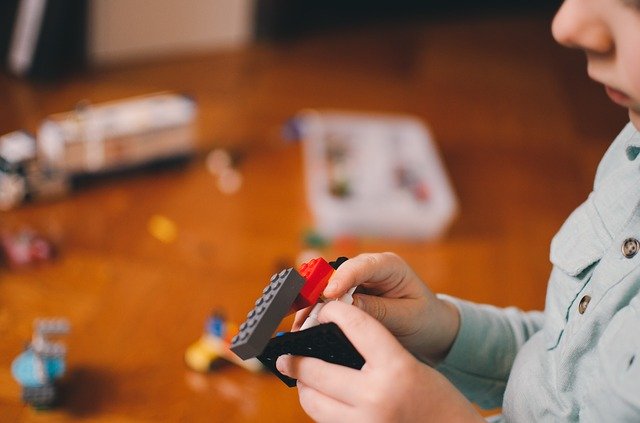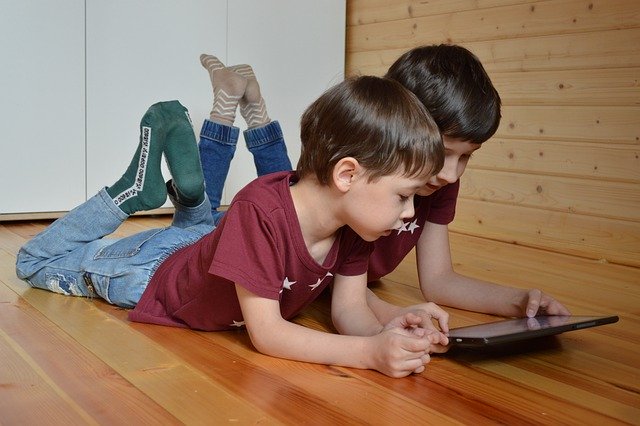Having considered the importance of STEM (Science, Technology, Engineering and Mathematics) as part of the EYFS it is important to realise too that at this age, the home learning environment also has a massive impact on children’s learning.
STEM education doesn’t necessarily need to involve complicated equipment, experiments or resources. Here are some of the ways that parents could support children to develop STEM skills at home.
Provide suitable resources and construction materials
In an age of excess, it’s really easy to end up with a house full of toys and nothing to play with. Thinking carefully about the types of toy you allow into your home can not only help to keep clutter under control but can also have a positive impact on the types of play that children engage in.
Construction toys like blocks and bricks are open ended and can be used for all sorts of things across a huge range of ages; Lego, wooden blocks, stickle bricks, and magnetic tiles are all great examples of open-ended construction toys that pack a lot of play value. Train sets and marbles runs are also popular and again have that open-ended element that allows for experimentation and creativity which is what STEM is all about. Having these resources on hand gives children the opportunity to construct and create through play.
Encourage projects and experimentation
Sometimes at home, and at school, we tell children it is time to tidy up, and expect them to stop what they were doing and put everything away. Yet often the children are not finished with what they were doing; they are midway through the tower or they were just starting to mix two new colours together and actually our insistence that they pack everything away interrupts their learning.
Of course, at home, as in the classroom, there are set routines; certain things have to happen at certain times. For example, swimming lessons are at 1pm on Saturday; that’s not negotiable, if we’re late we miss it. Dinner is at 5pm; we have to eat, and that’s when the food is hot. So, we can’t just allow children’s play to dictate the whole of the schedule but we can allow more space for it. Perhaps you could delegate a shelf or a cupboard for children to leave things they want to come back to, or institute a one toy rule; children may leave one thing out in the playroom/bedroom to return to after dinner/bathtime/reading. Being able to return to projects means that children become used to leaving something, thinking about it and coming back with fresh ideas; just like adults and STEM workers do all the time!
Give access to technology
Recently there has been a surge in public awareness about the dangers of the internet and how easy it is for children to come across inappropriate content. This has led to some parents initiating technology bans in their home and insisting that their children do not have access to any screen-based technology. That is one approach to keeping children safe, another is to allow them supervised access, or to use robust safety features and to teach children more about keeping safe online. Given the ever-present influence of technology and the need for it in everyday life this is perhaps a more suitable strategy in the long-term.
Plus, access to technology is an important part of STEM learning; children are growing up surrounded by technology and as a result are more intuitive at using it, many have a natural flair and interest for digital technologies and encouraging this enables them to develop many STEM skills.
Also consider allowing children access to tools (when age appropriate and well supervised), like drills, hammers and saws as working out how to manipulate materials to achieve a desired result is a core component of both STEM and the EYFS. Children may also want to experiment with burning, freezing and mixing, again if you can supervise this properly, then following their natural curiosity about how things work will yield great results in terms of knowledge gained.
Introduce them to your network
As adults we tend to keep our friends and our children separate, even friends with children; the adults talk in one room while the children play in another. However, by not introducing our children to our friends they miss out on the opportunity to learn much more about the world. By allowing children to get to know adults who work in all sorts of industries we broaden their horizons.
For example, many children have an interest in being a doctor when they grow up, so regularly exposing them to adults who work in medicine is a good idea. The conversations that these adults have with children open up all sorts of knowledge, skills and questions. Allowing children access to adults who think, speak, and ask questions like medics introduces a new mindset to them.
Allowing adult friends to demonstrate their skills is a great way to support STEM learning at home. This may not always mean coding a program or using a Bunsen burner (though it might!) but just allowing them to do their thing, in their way, which reflects their niche and their industry
For example, a simple childhood activity like building dens can be approached in a variety of ways; adults with different skills, working in different industries, will approach this task differently, they will likely talk to and explain things to the children very differently too. This exposure to different approaches to the same task makes different neurological pathways in children’s brains; it makes them more adaptable. Exposure to complex, richer vocabulary and different ways of communicating expands children’s capacities and capabilities. By introducing children to your friends, you allow them a broader set of experiences which benefits them immensely.









